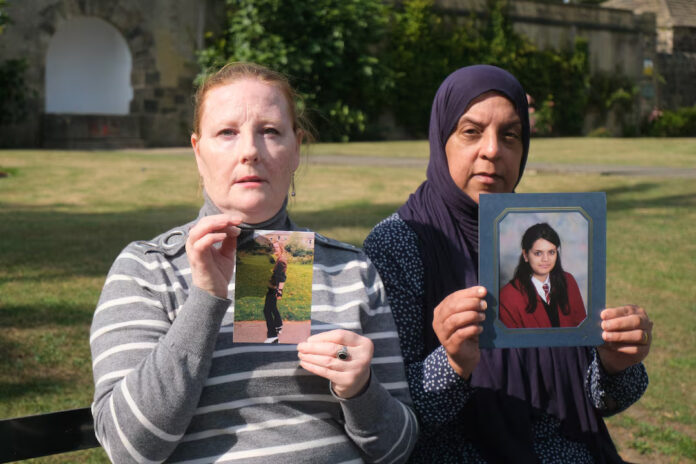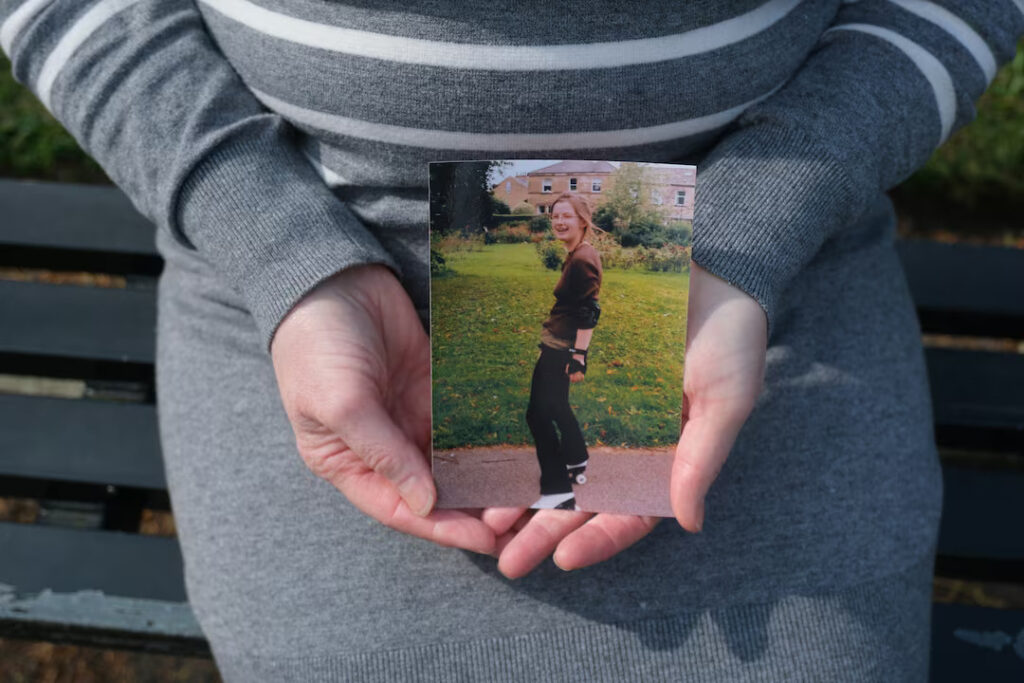
Britain is set to review its widely used domestic abuse risk assessment form, known as DASH, after repeated failures to identify high-risk victims, including women murdered by abusive partners.
The review, to be led by the charity SafeLives with government backing, follows academic studies, watchdog reports, and victims’ families warning that the 15-year-old tool is no longer fit for purpose.
DASH, the Domestic Abuse, Stalking and Honour-Based Violence Assessment, is used by police, social workers, and other agencies to determine whether victims are at high risk and require urgent safeguarding.
But research from the Universities of Manchester and Seville found it “performs poorly,” wrongly classifying 96.3% of high-risk cases as standard or medium risk in an analysis of 350,000 incidents logged by a major UK police force.
In one case, 21-year-old Bethany Fields was fatally stabbed by her ex-boyfriend in 2019, a month after she reported his threats to kill her. She was not flagged as high risk.

Pauline Jones, mother of Bethany Fields, holds a photo of her late daughter, who was killed by an intimate partner, at Horsforth Hall Park in Leeds, Britain, August 7, 2025. REUTERS/Sam Tabahriti
An Independent Office for Police Conduct (IOPC) inquiry later found the officer handling her case was inexperienced and poorly supervised, and raised concerns about the form’s design, particularly its “don’t know” answer option, which can reduce the likelihood of triggering high-risk intervention.
SafeLives CEO Ellen Miller said DASH has saved lives but must be rewritten to reflect new knowledge and ensure consistent application. “The problem is not the DASH. The problem is police officers’ values and behaviours,” she said, stressing the need for better training and use of the tool.
Critics, including Scottish Women’s Aid, say the review may not address deeper structural problems such as police culture, resource shortages, and a lack of tailored approaches for minority communities.
Ngozi Fulani of Sistah Space warned that the tool may not be effective for African and Caribbean victims due to mistrust of police rooted in institutional racism.
Alternatives and upgrades are being explored. The College of Policing has developed a new tool, DARA, to better capture coercive control, while technology firms are trialling machine learning models to predict future harm.
The UK Home Office has pledged to publish a new strategy on tackling violence against women and girls, but has not commented on the review.
In the year to March 2024, there were 108 domestic homicides in England and Wales, 83 of the victims were women. Families of those killed after medium-risk or low-risk assessments say urgent reform is needed.
“These mistakes are costing lives,” said Yasmin Javed, whose pregnant daughter Fawziyah was murdered in 2021 after being assessed as medium risk.
Written By Rodney Mbua


















